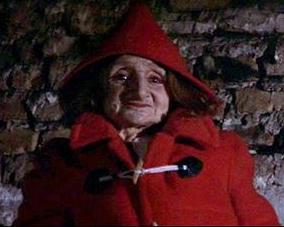It's also the least respected by the "establishment," meaning Roger Ebert, the Academy, the American Film Institute, etc.
Basically all the other genres have in common the impetus to work well for the audience, whereas horror films are allowed to work against the audience. It's the one type of movie where you assume an antagonistic relationship with the film from the beginning: you go to see it BECAUSE it's going to frighten, disturb, and upset you.
It's easier for horror films to break rules. You can abandon the plot with impunity (see: Dario Argento). You can kill off the main character halfway through (see: Psycho). You can show dicks (see: Hostel 2 and Teeth). You can pioneer new technologies (Cronenberg, Peter Jackson, John Carpenter, etc etc etc). And studios are more likely to let you do it because they have no great investment risk in your product: horror movies are historically inexpensive to produce and draw flocks of viewers regardless of their perceived quality.
So, I think it's clear that a great deal of exciting and innovative filmmaking occurs within Horror's unrestricted playing field.
The Critical Community is beginning to catch on, what with Blue Velvet* coming in 4th on Entertainment Weekly's "100 greatest films of the last quarter century" list, Guillermo del Toro making accepted masterpieces and turning us on to artful shit like The Orphanage, etc. I mean shit, it's been 20 years since Silence of the Lambs won Best Picture. Let's get with the program already, dudes!
*Blue Velvet probably isn't strictly considered a horror movie. It's close enough for me. I am generally unfussy about genre boundaries.


